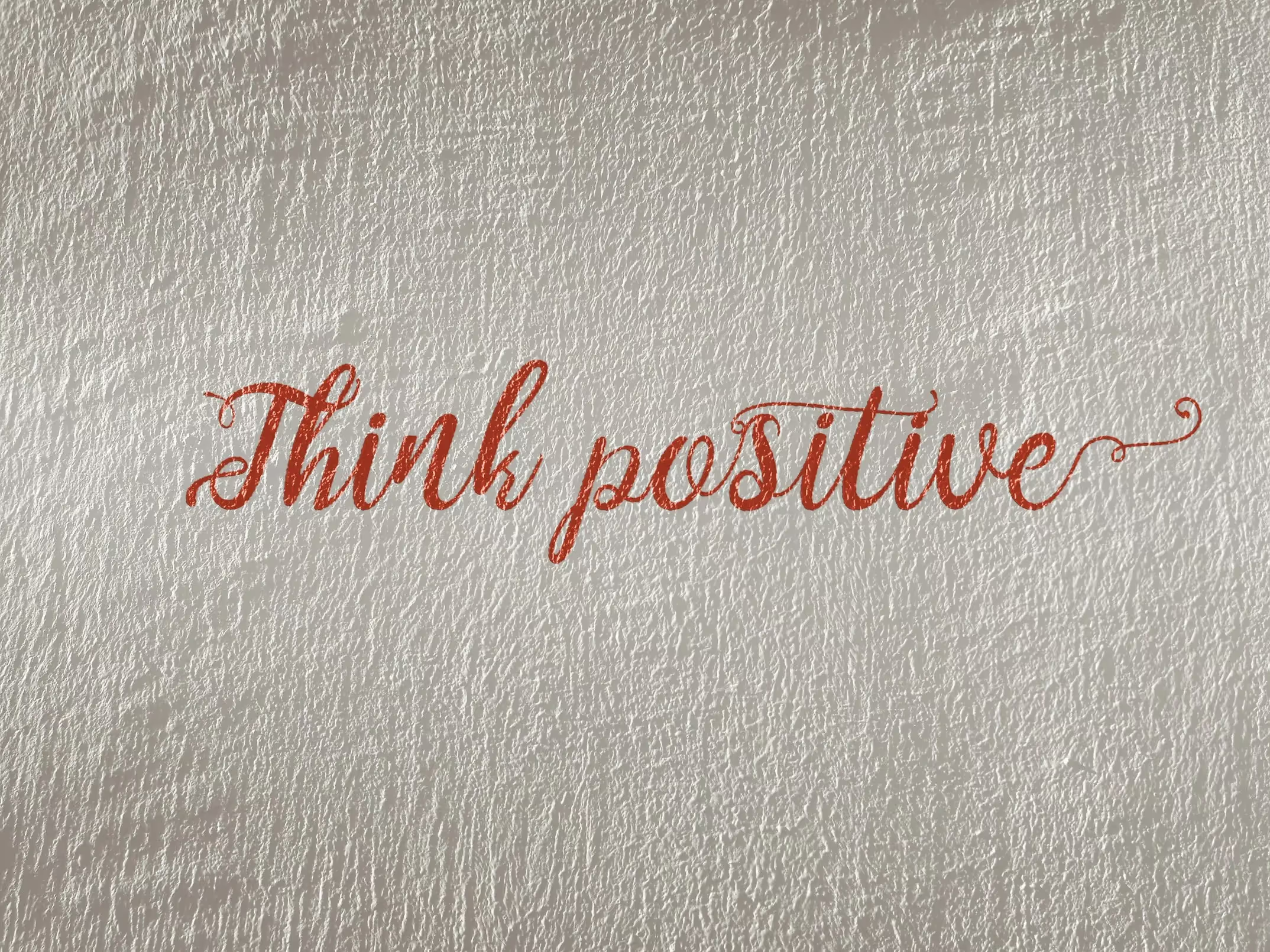Do you ever find yourself lost in your thoughts, pondering life's big questions? Maybe you feel like you're constantly reflecting on past experiences, both positive and negative. This process, known as rumination, has often been portrayed as a negative and unproductive behavior. However, research has shown that rumination can actually have many benefits when done in a healthy and structured way.
Understanding Rumination and Reflection
As human beings, we have a tendency to think about our past experiences, thoughts, and emotions. This process is known as rumination. It's a natural tendency for many of us, but it can become problematic when it turns into a never-ending cycle of negative thoughts and emotions. When used correctly, however, rumination can lead to personal growth and a better understanding of oneself.
Rumination can be triggered by a variety of factors, such as a traumatic event, a breakup, or a failure. When we ruminate, we tend to replay events in our minds, thinking about what we could have done differently or what we should have said. This can be a helpful process if we use it to learn from our mistakes and make positive changes in our lives.
However, rumination can also be harmful if we get stuck in a cycle of negative thoughts and emotions. This can lead to depression, anxiety, and other mental health issues. It's important to recognize when rumination is becoming problematic and to seek help if necessary.
Defining Rumination
Rumination is a complex process that involves both cognitive and emotional components. It's different from simply thinking about the past, as it often involves a sense of regret, guilt, or shame. When we ruminate, we tend to focus on the negative aspects of our experiences, rather than the positive.
One of the key features of rumination is that it's repetitive. We may find ourselves thinking about the same event or experience over and over again, without making any progress or finding any resolution. This can be frustrating and can lead to feelings of helplessness and hopelessness.
Despite its negative aspects, rumination can also be a helpful process. When we ruminate, we're often trying to make sense of our experiences and understand our emotions. This can lead to personal growth and a deeper understanding of ourselves.
The Role of Reflection in Personal Growth
Reflection is a more intentional and focused form of rumination. It involves thinking deeply about our past experiences, emotions, and behaviors, with the goal of gaining insight and understanding. Reflection can be a powerful tool for personal growth and development.
When we reflect, we're not simply replaying events in our minds. We're actively trying to make sense of our experiences and understand how they've shaped us. This process can help us identify patterns in our behavior, recognize our strengths and weaknesses, and make positive changes in our lives.
Reflection can take many forms, from journaling to talking with a therapist or trusted friend. It's important to find a method that works for you and to make reflection a regular part of your life. By taking the time to reflect on our experiences, we can gain a deeper understanding of ourselves and our place in the world.
The Science Behind Rumination and Personal Growth
The Neuroscience of Reflection
Studies have shown that reflecting on past experiences triggers activity in the prefrontal cortex of the brain. This area is responsible for cognitive functions such as decision-making, problem-solving, and emotional regulation. By engaging in reflection, we activate these areas of the brain and improve our ability to process complex emotions.
Furthermore, the prefrontal cortex is also responsible for our ability to empathize with others. By reflecting on our own experiences and emotions, we can better understand and relate to the experiences and emotions of those around us. This can lead to improved relationships and a greater sense of connectedness with others.
Studies Supporting the Benefits of Rumination
Research has also shown that rumination can lead to personal growth and greater life satisfaction. In a study published in the journal Emotion, participants who engaged in self-reflective rumination experienced improved emotional regulation, greater self-awareness, and decreased symptoms of depression.
Another study published in the Journal of Personality and Social Psychology found that individuals who engaged in self-reflection were more likely to set and achieve personal goals. By reflecting on our past experiences and behaviors, we can identify areas for improvement and set goals to work towards personal growth and development.
The Role of Mindfulness in Rumination
While rumination can have many benefits, it is important to approach it with a mindful and intentional mindset. Mindfulness involves being present in the moment and non-judgmentally observing our thoughts and emotions. By practicing mindfulness during reflection, we can avoid getting stuck in negative thought patterns and instead focus on learning and growth.
Additionally, mindfulness can help us approach reflection with self-compassion and kindness. Rather than criticizing ourselves for past mistakes, we can acknowledge our experiences and emotions with understanding and empathy. This can lead to greater self-acceptance and a more positive outlook on life.
Different Types of Rumination
Rumination is a common thought process that involves repetitively thinking about a problem or situation. It can be helpful in some cases, but it can also be harmful when it becomes excessive and unproductive. There are different types of rumination that serve different purposes. In this article, we will explore the different types of rumination and their effects on our mental health.
Problem-focused Rumination
Problem-focused rumination is a focused form of rumination that involves actively thinking about solutions to a problem. It's a productive way of thinking that allows us to focus on finding solutions to the problem at hand. This type of rumination can be helpful in situations where we need to find a solution to a problem. For example, if we are facing a difficult decision, problem-focused rumination can help us weigh the pros and cons of different options and come up with a solution that works best for us.
Emotion-focused Rumination
Emotion-focused rumination is more commonly associated with negative emotions and involves dwelling on the negative aspects of a situation. It's important to recognize when we're engaging in emotion-focused rumination and redirect our thoughts towards more productive forms of rumination. This type of rumination can be harmful when it becomes excessive and leads to feelings of hopelessness and helplessness. It's important to seek help if you find yourself engaging in excessive emotion-focused rumination.
One way to redirect our thoughts towards more productive forms of rumination is to practice mindfulness. Mindfulness involves being present in the moment and observing our thoughts without judgment. By practicing mindfulness, we can become more aware of our thoughts and emotions and learn to redirect our thoughts towards more productive forms of rumination.
Self-reflective Rumination
Self-reflective rumination is a more intentional form of reflection that involves contemplating past experiences to gain insight into our own behavior and emotions. It's a valuable tool for personal growth and allows us to gain a better understanding of ourselves. This type of rumination can be helpful in situations where we need to learn from our mistakes and make changes to our behavior.
Self-reflective rumination can also help us develop a greater sense of self-awareness. By reflecting on our thoughts and emotions, we can become more aware of our own biases and limitations. This can help us become more empathetic towards others and develop more meaningful relationships.
In conclusion, rumination is a common thought process that can have both positive and negative effects on our mental health. By understanding the different types of rumination and learning to redirect our thoughts towards more productive forms of rumination, we can improve our mental well-being and develop a greater sense of self-awareness.
Techniques for Effective Rumination
Journaling for Self-Reflection
One of the most effective ways to engage in self-reflective rumination is through journaling. Writing down our thoughts and reflections allows us to process complex emotions and gain insight into our own behavior.
Mindfulness and Meditation
Mindfulness and meditation can also be effective tools for engaging in productive forms of rumination. By focusing our attention on the present moment and our current thoughts and feelings, we can gain clarity and insight into our emotions and behaviors.
Engaging in Thoughtful Conversations
Engaging in thoughtful conversations with trusted friends or family members can also be a helpful way to engage in productive forms of rumination. By sharing our thoughts and feelings with someone else, we can gain a new perspective on our experiences.
Overcoming the Negative Aspects of Rumination
Identifying and Addressing Unproductive Thoughts
It's important to recognize when our rumination is turning into a negative spiral of unproductive thoughts and emotions. By identifying these thoughts and redirecting our focus towards problem-solving or self-reflection, we can prevent rumination from becoming a negative force in our lives.
Balancing Rumination with Action
While rumination can be a valuable tool for personal growth, it's important to balance our reflective thoughts with action. By taking tangible steps towards our goals, we can turn our reflections into concrete changes in our lives.
Seeking Professional Help When Needed
If rumination begins to interfere with our daily lives or becomes a source of distress, it's important to seek professional help. A therapist or counselor can provide valuable guidance and support in managing unproductive rumination.
The Benefits of Healthy Rumination
Overall, engaging in healthy and productive forms of rumination can lead to personal growth, greater self-awareness, and improved emotional regulation. By taking the time to reflect on past experiences and gain insight into our own behavior, we can become more resilient and better equipped to handle life's challenges.
So the next time you find yourself lost in thought, take it as an opportunity for growth and self-reflection. With a little intentionality and structure, we can turn our reflective thoughts into a valuable tool for personal transformation.
Aura is Your All In One App for Meditation, Mindfulness Wellbeing
Find peace every day with one app for your whole well-being. There is no one-size-fits-all solution to mental well-being. Aura is the first all-in-one wellness app that learns how to best help you. Discover an endless library of expert-created tracks for your well-being, all taught by the world’s best coaches, therapists, and storytellers. With Aura's personalized recommendations, you can find peace every morning, day and night.



.webp)






.avif)

%20(1).avif)


.avif)
.avif)
.webp)


.avif)


















































































































.avif)

















.svg)









